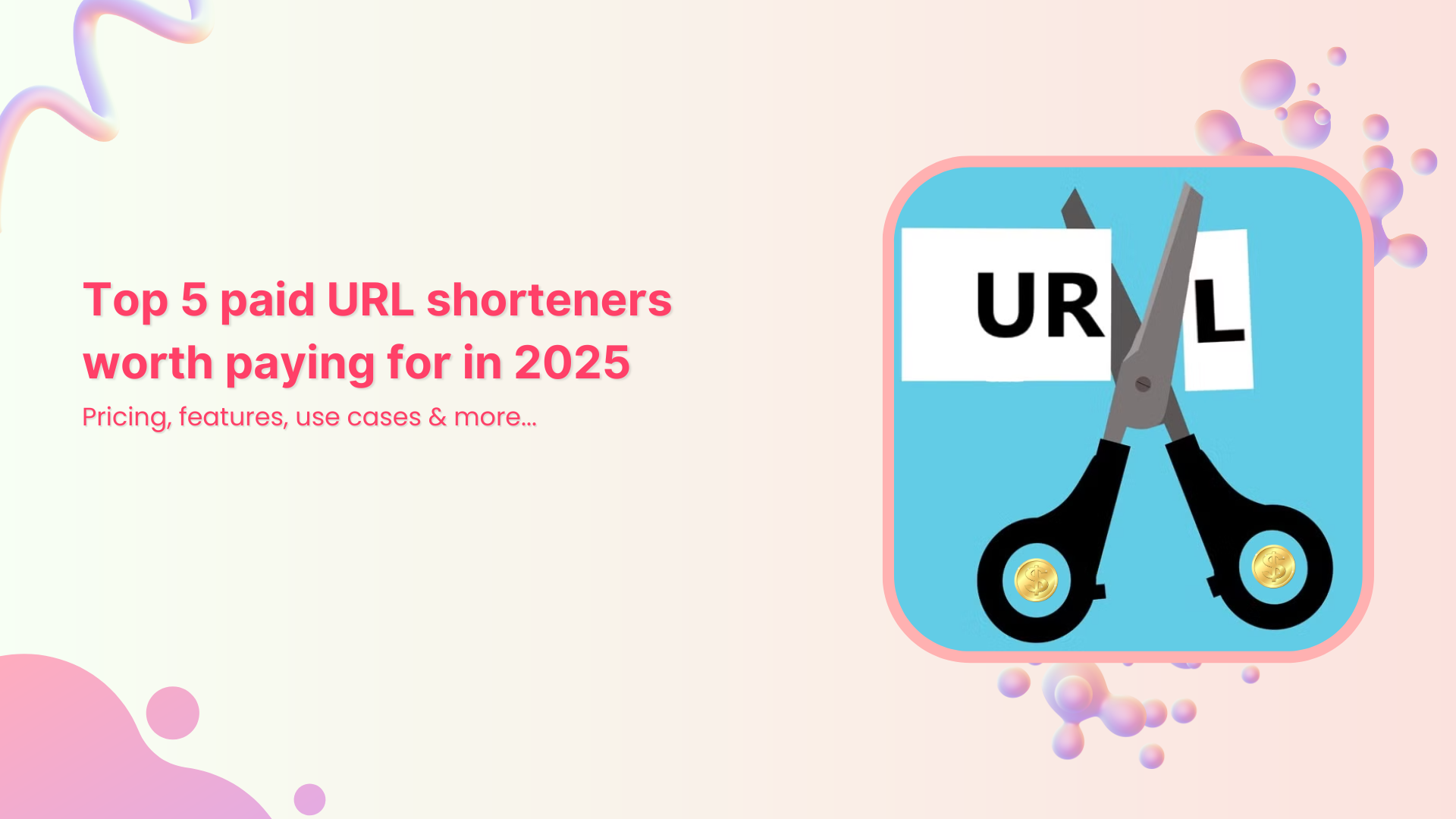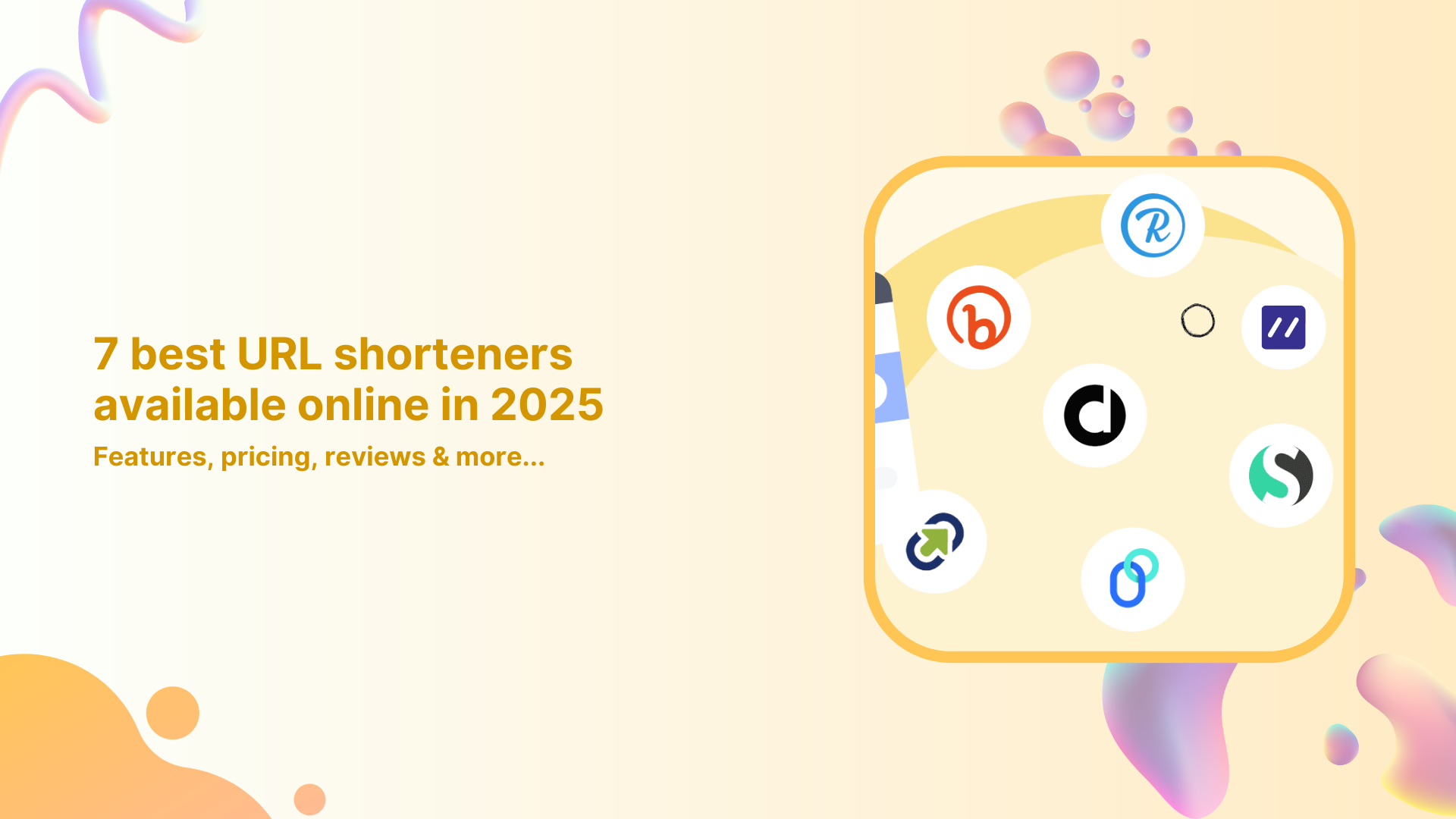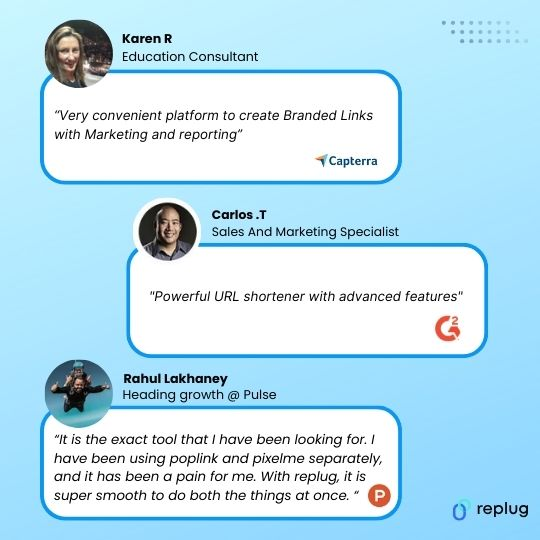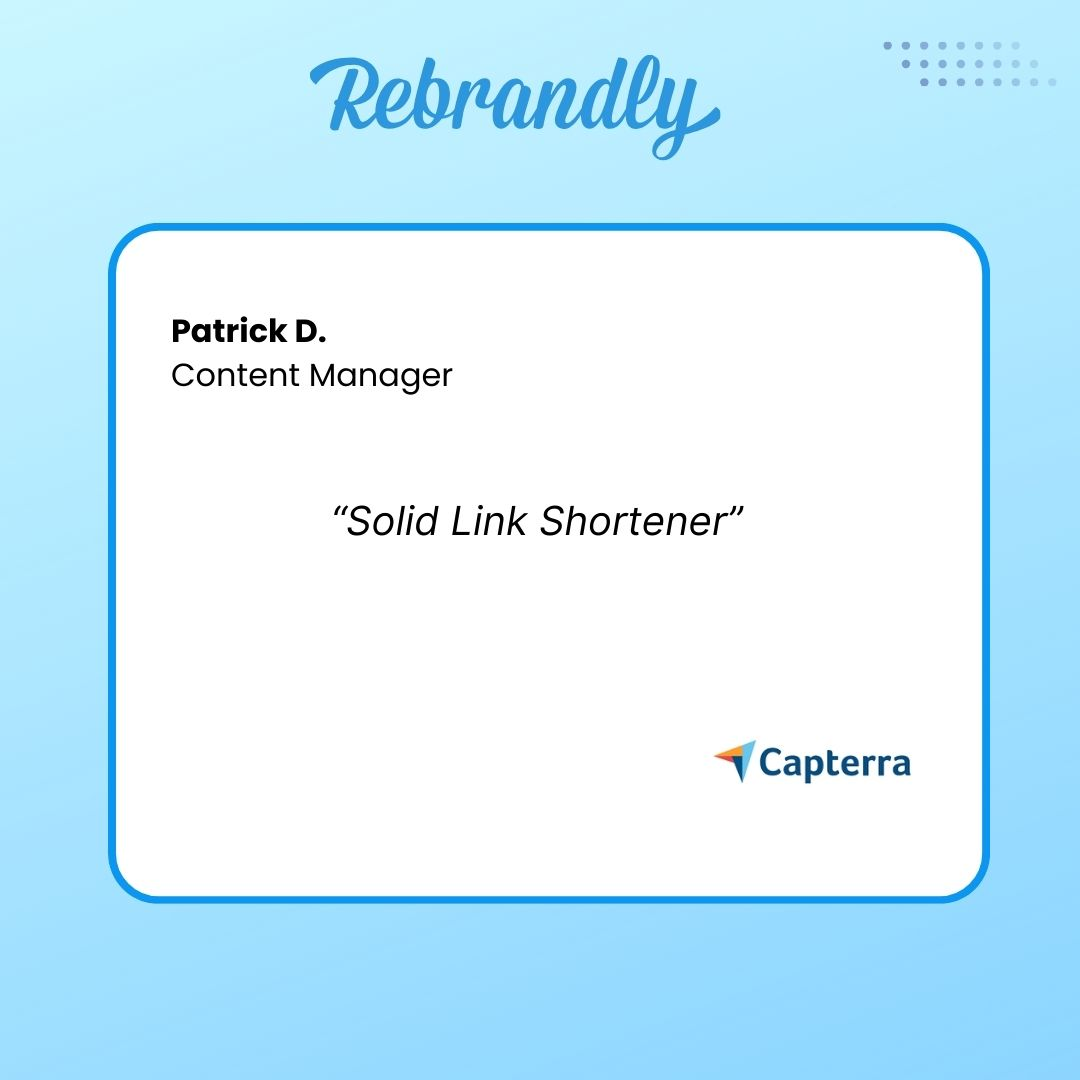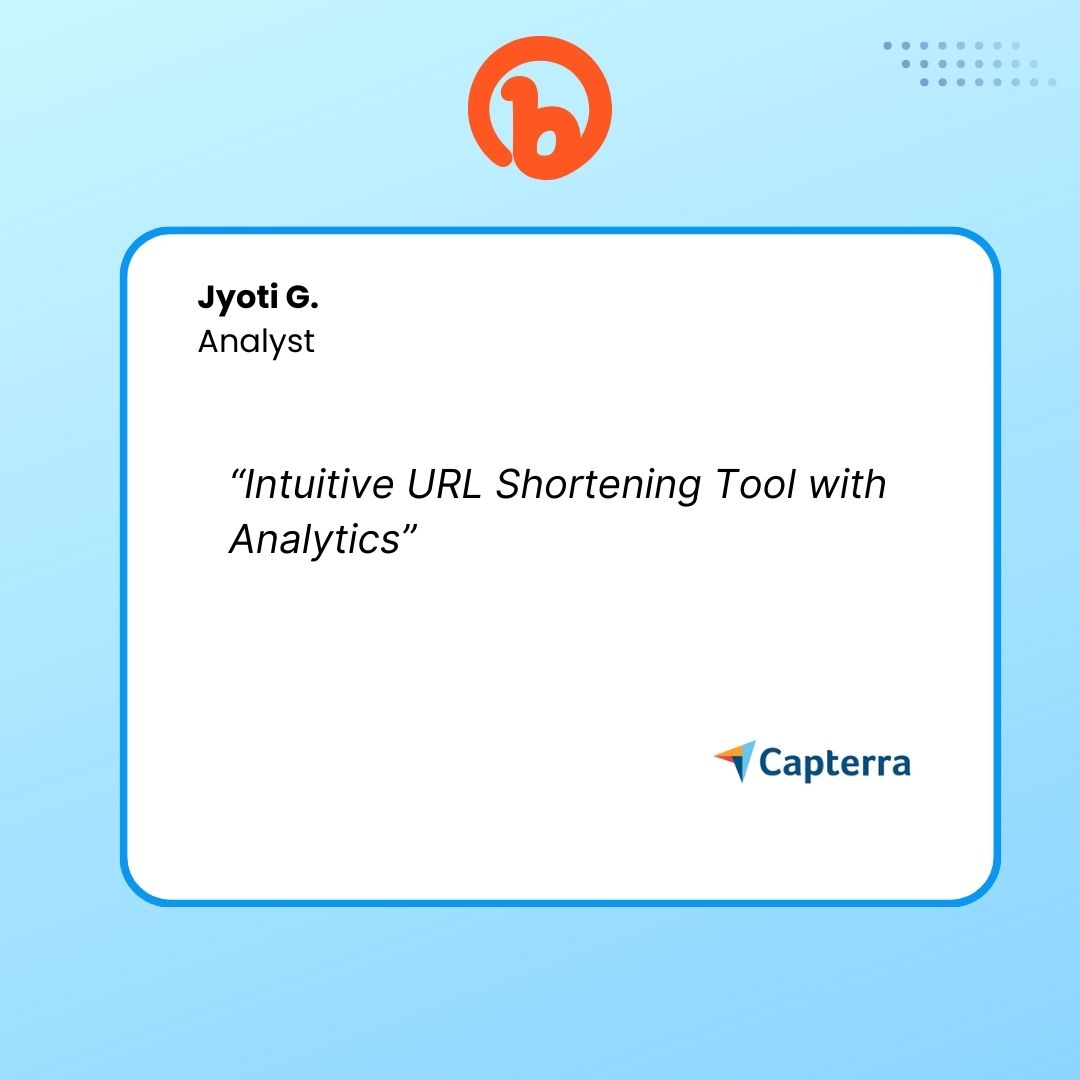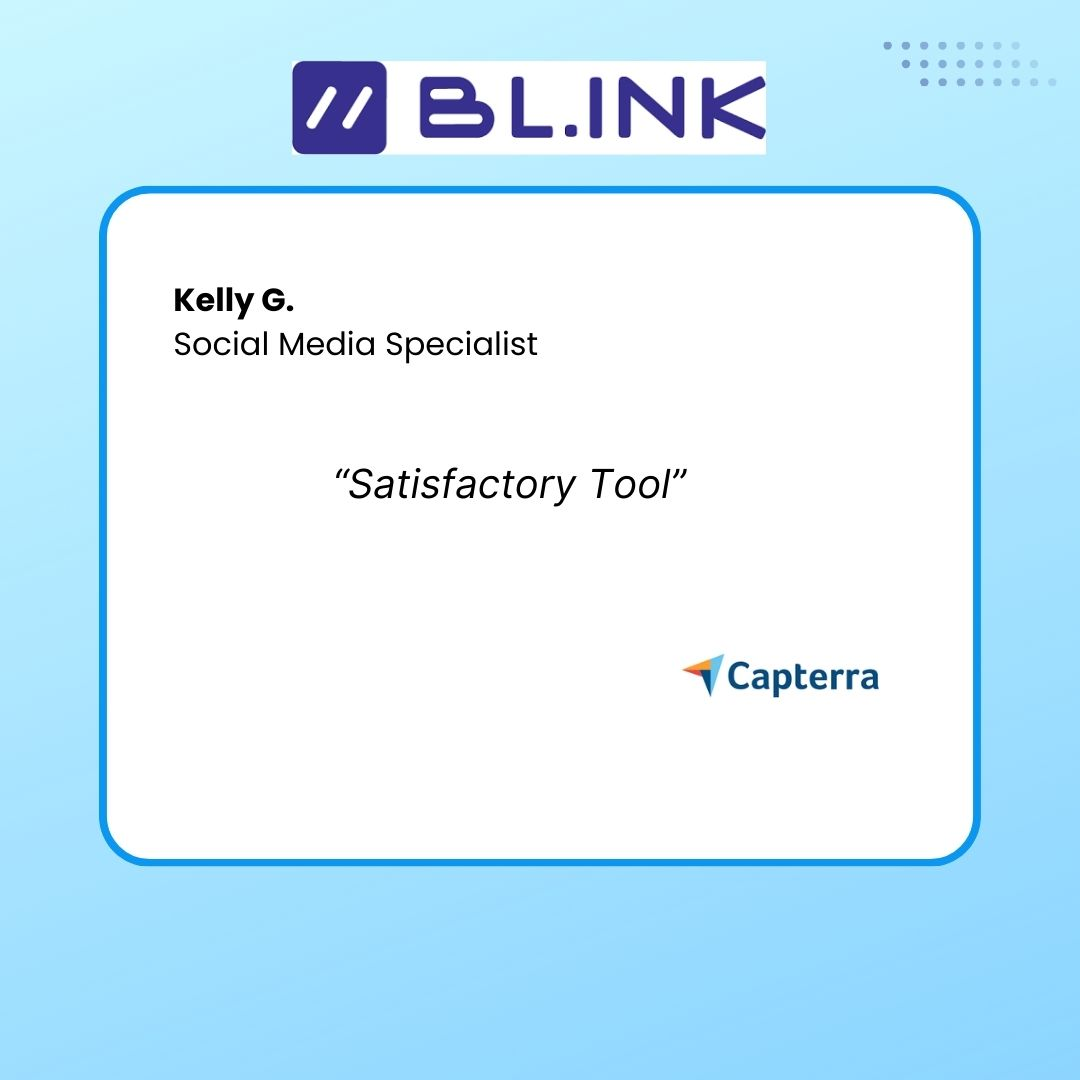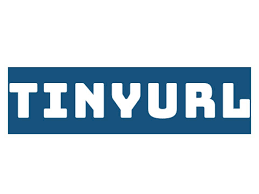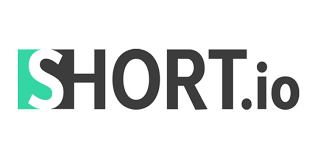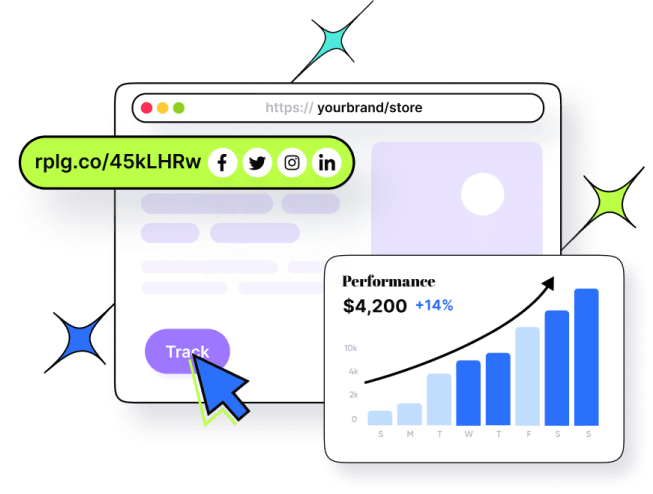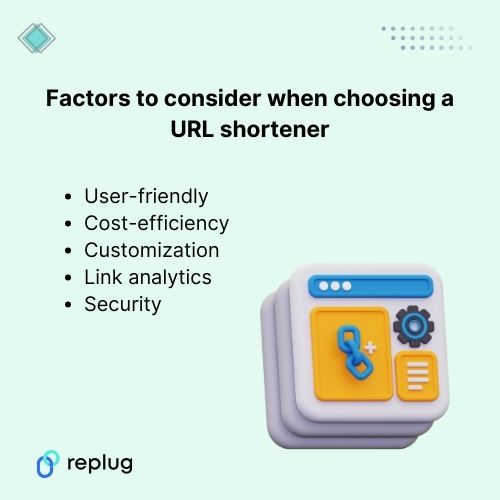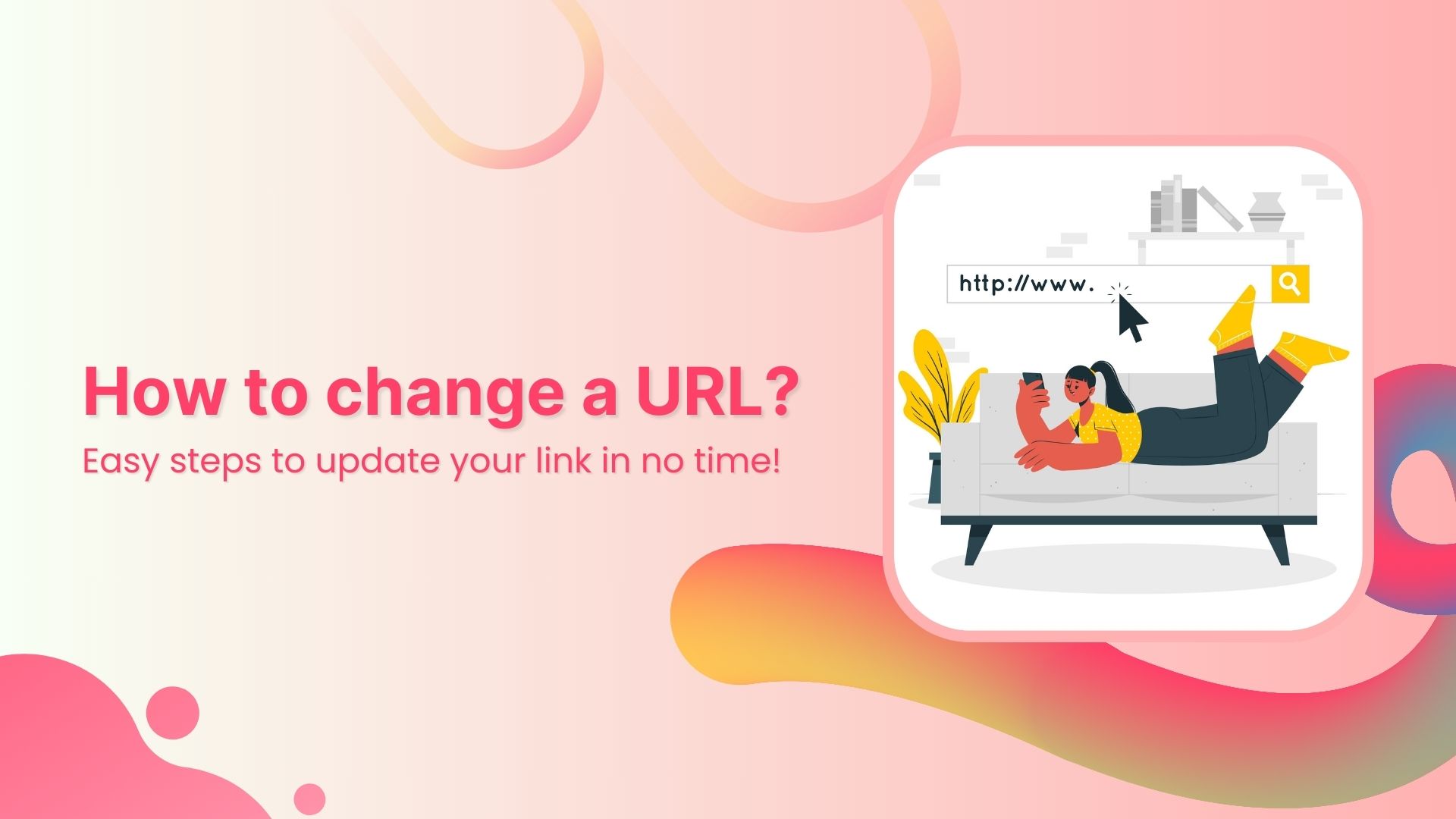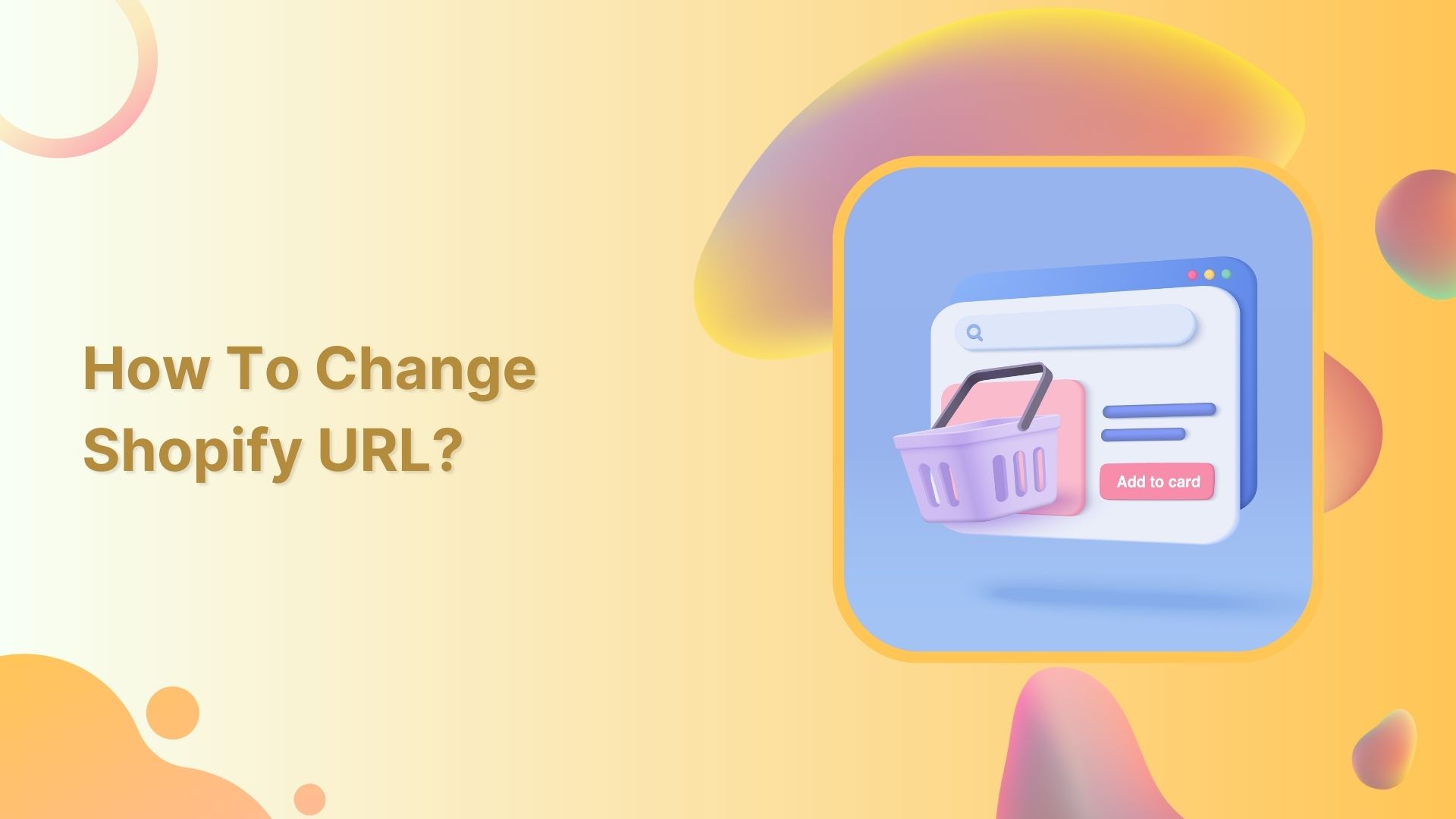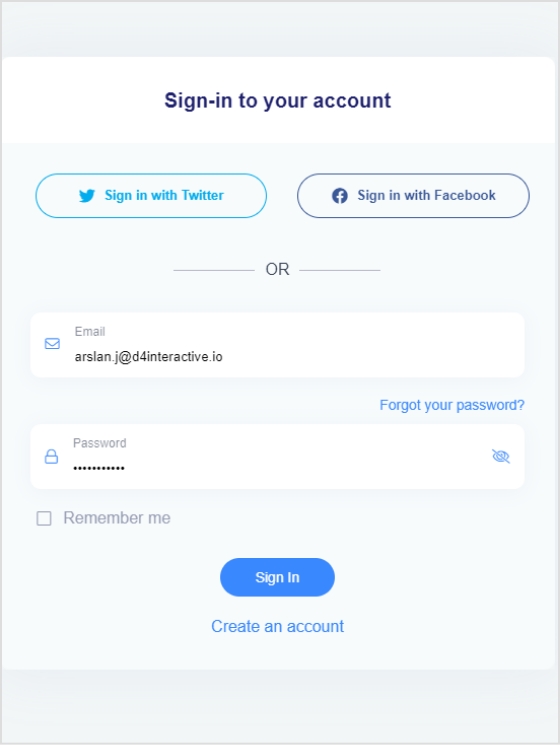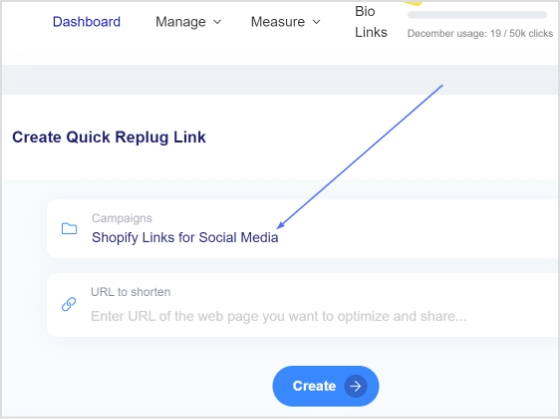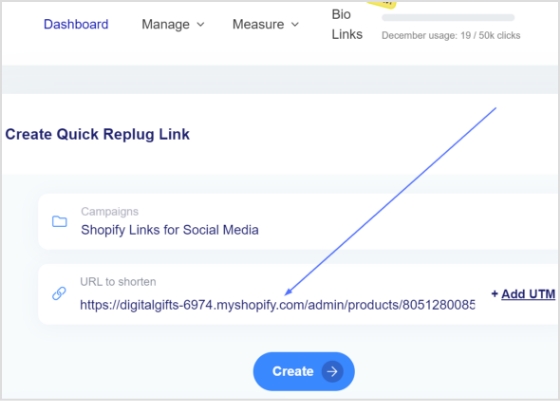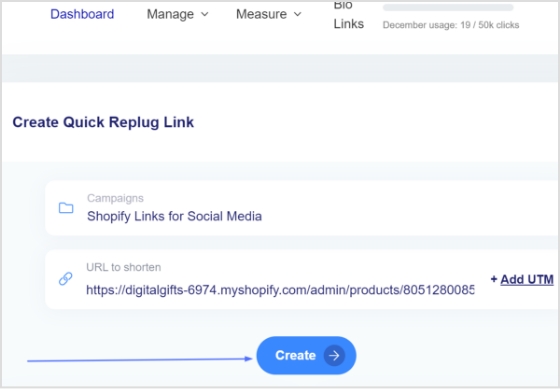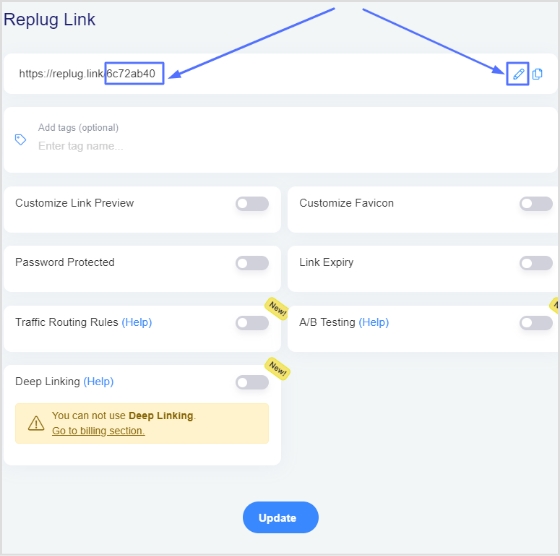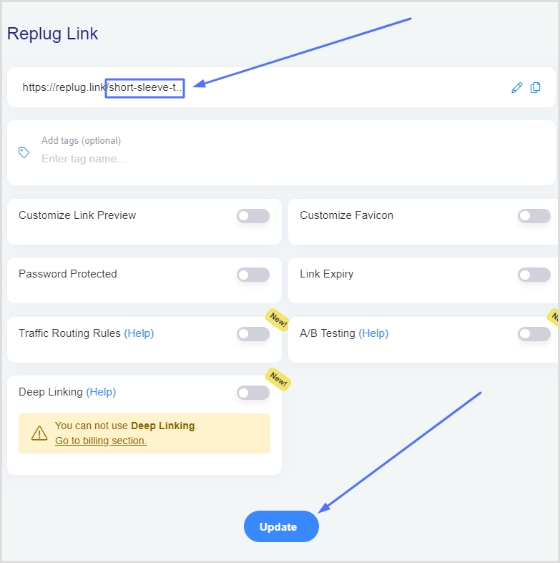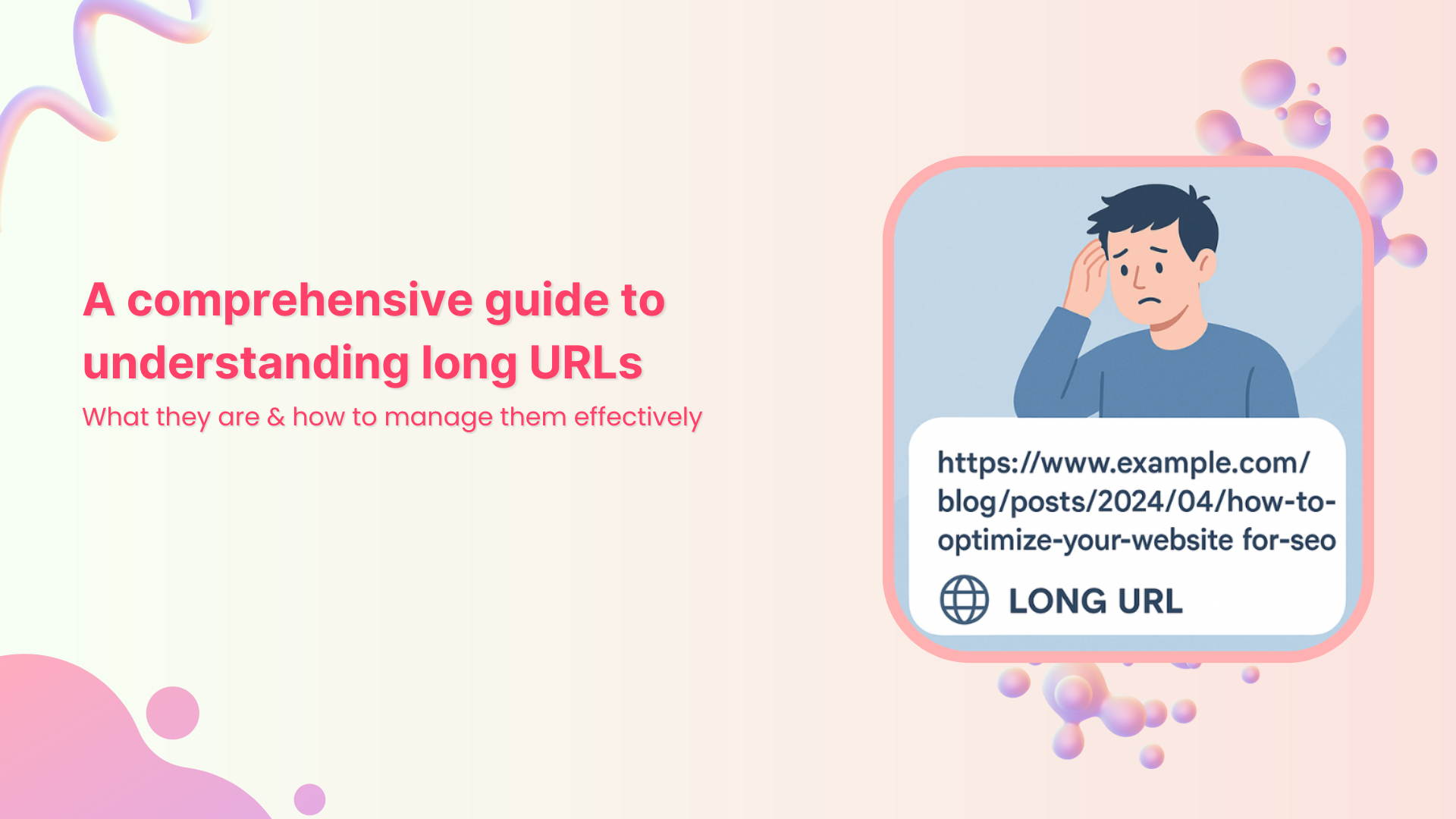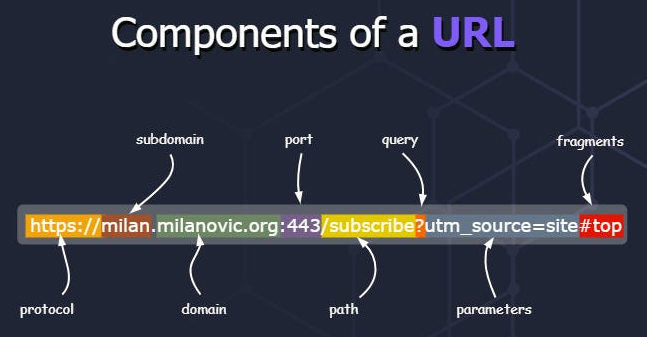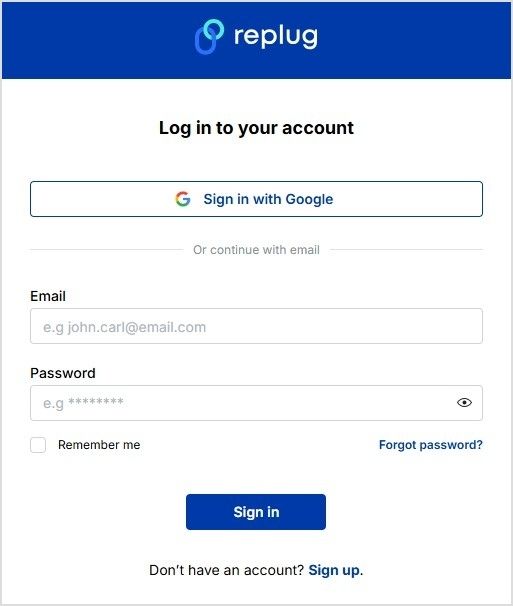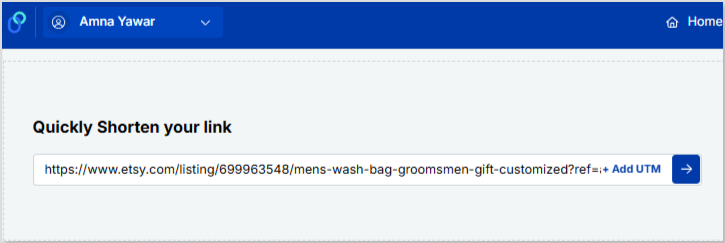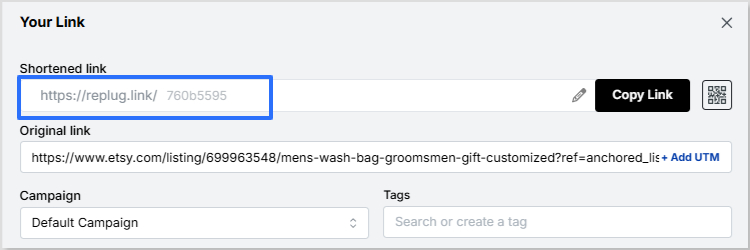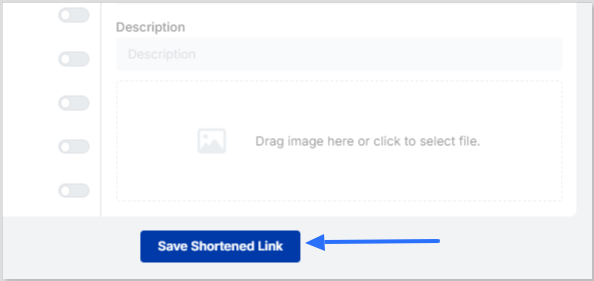Free URL shorteners are great and all, but let’s be real: paid URL shorteners take things to the next level.
When you’re paying for something, you expect to get more out of it, right? And with URL shorteners, that “more” includes some seriously cool features. But here’s the real question:
Which paid URL shortener actually gives you the most value for your money?
Any online link shortener can clean up a long, messy link. But the good ones let you brand and customize your links, turning that long and disorganized string of text into something sleek and professional.
They also give you tracking insights to see who’s clicking your links, and even help you figure out which marketing campaigns are actually working.
So, if you’re ready to upgrade your links, here are the top 5 paid URL shorteners that bring value, functionality, and style to the table.
5 Top-rated paid URL shorteners online
With countless options out there, finding the right tool can be tricky. To make it easier, we’ve narrowed it down to the top 5 URL shorteners you should consider.
Let’s start with the first one:
1. Replug

Replug.io is a powerful link management tool that allows you to create unlimited branded short links, giving you the flexibility to streamline your link-sharing process.
With in-depth analytics and top-notch link tracking capabilities, it offers valuable insights into your audience’s behavior and engagement.
What sets Replug apart is its URL shortener tool, which is by far the best free link shortener online, offering you a seamless way to create branded, short links that stand out.
With its intuitive dashboard and real-time tracking features, it not only simplifies your link-sharing but also provides powerful insights to boost your marketing strategy.
Unlike other tools that provide only one or two of these elements, Replug combines them all into a single, rich platform.
Key features
With Replug, you get access to an all-in-one platform with exceptional attributes. Here’s what’s in store:
- Link management: Manage all your links through a simple and clean dashboard, alongside advanced features such as link preview, link expiry, password protection, and much more.
- Link shortening: Shorten unlimited links, create vanity URLs, and customize link previews with branded links and favicons.
- Link analytics: Access detailed analytics, including total and unique clicks segmented by location, referral, device, and browser.
- Bio links: Create customizable bio link pages with social links, blocks, RSS feeds, and retargeting pixels.
- Call-to-action generation: Create eye-catching CTA campaigns for your links to boost conversions and sales.
- White-label solution: Customize the dashboard, logos, domain, reports, and more, which is ideal for agencies wanting to brand their services.
- Retargeting pixels: Add retargeting pixels to your links to track users and re-engage them with targeted ads on multiple digital platforms.
- Deep linking: Direct users to specific pages within your app or website for a personalized, seamless experience.
- A/B testing: Test up to 10 URLs simultaneously, with percentage-based traffic distribution to optimize link performance.
- Link rotation: Set up to 10 traffic rules for short links, directing users to different destinations based on conditions. A default link ensures users are always redirected.
- QR code generation: Generate customizable QR codes with trackable performance, editable colors, and PNG or SVG download options.
- Team management: Collaborate efficiently by inviting team members and assigning roles, ensuring streamlined workflows for link management and campaigns.
2. Rebrandly

Rebrandly is one of the most popular tools for creating branded links. It allows you to customize URLs with your own domain, making every link you share look polished and trustworthy.
With features like custom slugs, advanced analytics, and traffic routing, it’s pretty beneficial for businesses that want their links to double as a brand asset.
Key features
- Custom domains & links: Get a domain of your choice and create and manage branded links hassle-free.
- Advanced analytics: Track detailed link performance with this URL shortener tool.
- Traffic routing: Direct clicks to specific pages based on conditions.
- Bio links (Link Gallery) & QR codes: Build bio link pages and generate trackable QR codes seamlessly.
3. Bitly
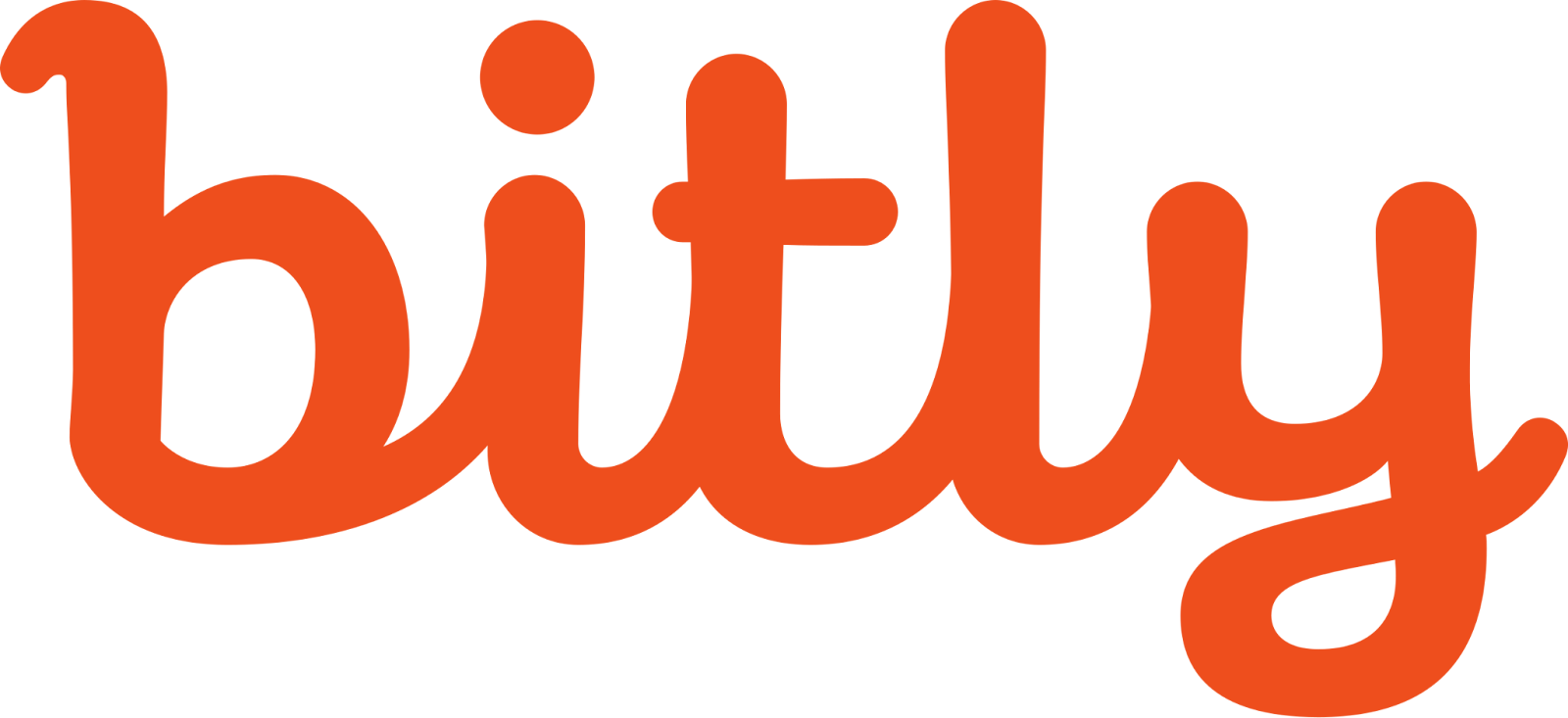
Bitly is one of the most recognized names in the URL shortener space, known for its simplicity, reliability, and wide adoption. It offers branded links, link tracking, and basic analytics, making it a go-to choice for businesses that need a straightforward link management solution.
However, most of Bitly’s advanced analytics and customization options are locked behind paid plans. While it works well for large businesses managing high volumes of links, it’s becoming less appealing for small businesses and individual users who just want to shorten links and track basic performance without committing to higher costs.
Key features
- Branded links: Customize URLs with your own domain for brand consistency.
- Analytics & reporting: Track clicks, referral sources, and geographic data without any trouble.
- Retargeting pixels: Add tracking pixels for remarketing campaigns easily.
- Integrations: Connect with tools like Zapier and enterprise platforms.
Related: Top 10 Bitly alternatives and competitors in 2026
4. Dub

Dub is a modern URL shortener built for marketers and teams that want deeper insights into their campaigns. Unlike basic shorteners, this tool doesn’t just tell you how many people clicked your links; it helps you connect the dots between clicks, leads, and conversions.
Moreover, with advanced analytics, you can actually see how your shortened links contribute to sales and customer acquisition.
Dub is also developer-friendly, offering an API-first approach for businesses that need to integrate link management into their existing systems.
Whether you’re running email campaigns, paid ads, or influencer marketing, this brilliant platform gives you the flexibility to create branded links, set up traffic rules, and analyze real ROI.
Key features
- Detailed analytics: Track clicks, leads, and sales tied to your shortened URLs to further improve your marketing strategy.
- API-first design: Build Dub into your own workflows and marketing stack, without any complex process.
5. Sniply

When you talk about URL shorteners available online, Sniply always makes the list. It is unique in that it allows you to add a custom call-to-action (CTA) overlay to your shared links. This can drive traffic back to your website or encourage specific actions while sharing valuable content.
Alongside its signature CTA feature, Sniply also provides essentials like QR codes, UTM parameters, detailed analytics, and custom domains.
While its analytics aren’t as advanced as some other tools, it does track conversions from click to purchase, giving you a clear picture of how your links contribute to revenue.
Key features
- CTA overlays: Add CTAs to any link you share.
- Link analytics: Track clicks, conversions, and much more.
- Retargeting & A/B testing: Re-engage users and test different strategies.
- Team management: Share links with your team members the way you like.
Also read: How to shorten a link using a URL shortener?
Pricing at a glance
Here’s a quick breakdown of each tool’s pricing plans to help you make an informed decision:
| Tool | Basic Plan | Pro Plan | Premium Plan |
| Replug | $19/month | $39/month | $99/month |
| Rebrandly | $14/month | $39/month | $119/month |
| Bitly | $10/month | $29/month | $199/month |
| Dub | $30/month | $90/month | $300/month |
| Sniply | $9/month | $29/month | $59/month |
Best use cases for paid URL shorteners
Paid URL shorteners are versatile tools that cater to diverse industries and professionals. Here’s how different types of businesses and users can benefit from them:
- E-commerce: Track customer behavior with detailed analytics. Use branded links for a polished, trustworthy shopping experience, and boost conversions with deep linking to specific product pages.
- Content creators: Customize bio links for platforms like Instagram or TikTok. Promote specific content with branded URLs, and monitor audience engagement to refine your strategy.
- Affiliate marketers: Use A/B testing to experiment with different campaigns, retarget users who clicked your links, and analyze traffic performance to maximize commission opportunities.
- Agencies: Use white-label solutions to add your branding, collaborate with team members on client accounts, and utilize advanced analytics to demonstrate campaign success to clients.
- Freelancers: Create professional-looking links to promote your portfolio or services. Use bio links to consolidate your online presence, and track link engagement to identify your most effective outreach strategies.
- Event planners: Share event registration links, directing attendees to specific event pages, and track sign-up trends to plan better for future events.
- Nonprofits and NGOs: Share donation links with branded URLs, track donor engagement, and run A/B tests on different campaigns to see what drives more contributions.
- Music artists: Promote new releases, concert tickets, and merch with branded links. Converge links to your streaming platforms and social media using bio links, and track fan engagement to identify your top-performing campaigns.
- Social media managers: Optimize link performance for multiple social platforms. Create branded short links that align with your brand identity, and analyze clicks to see which platforms socials drive the most engagement.
- Mobile app developers: Use app deep linking to guide users directly to specific app features, track user acquisition campaigns, and personalize experiences with advanced analytics.
By tailoring the use of paid URL shorteners to your niche, you’ll unlock new levels of efficiency and engagement in your marketing strategies.
See Also: Benefits of URL shorteners: Top reasons why one must use these tools
What to look for in a paid URL shortener: Key points & considerations
When choosing a paid URL shortener, it’s important to keep these things in mind:
- Custom domains: A good shortener should let you use your own branded domain, helping build trust and recognition with every link you share.
- Branding: The ability to add your logo, custom slugs, and design elements ensures that every link reflects your brand identity.
- Detailed analytics: Access to real-time data on clicks, locations, devices, and user behavior is crucial for measuring campaign performance and ROI.
- Link management: Look for a dashboard that makes it easy to organize, edit, archive, or tag your links for better control and efficiency.
- Audience segmentation: Advanced shorteners allow you to segment your audience based on demographics or behavior, enabling more targeted and effective marketing.
- Retargeting & tracking: Integrated retargeting pixels and tracking tools help you stay connected with users even after they click, boosting conversions and ad effectiveness.
Final verdict: Which is the most trusted URL shortener?
At this point, you are familiar with the benefits of using link management tools. Moreover, we have also mentioned the top-paid URL shorteners.
However, when it comes to which URL shortener is an all-rounder, Replug truly shines as the all-in-one, customizable, and scalable solution. It is undoubtedly the most trustworthy option for marketers, agencies, and businesses looking to level up their link-sharing game.
With features like branded URLs, detailed analytics, bio links, retargeting, and more, Replug has everything you need to create powerful, performance-driven links.
All signs point to one thing: if you want a shortener that goes beyond just links and actually helps you grow, retarget, and optimize every campaign, Replug is the smartest investment.
Frequently asked questions
What is a URL shortener tool?
A URL shortener tool is an online service that converts long, complex web addresses into shorter, more manageable links while preserving the original destination. Popular examples include Replug, Bitly, TinyURL, and Rebrandly, which are widely used for social media, marketing, and email campaigns. As of 2026, these tools often integrate with analytics platforms to track clicks and user engagement.
How do URL shorteners work?
URL shorteners work by mapping a lengthy original URL to a unique, abbreviated alias stored in a database. When the short link is clicked, the service performs an HTTP redirect to the full address. This process involves generating a hash or key for the short version, ensuring quick resolution without altering the target page. Modern shorteners also employ security checks to prevent malicious redirects and provide real-time performance data.
How do URL shorteners make money?
URL shorteners generate revenue primarily through tiered subscription plans for advanced features like custom branding, detailed analytics, and API access, as seen with services like Short.io and BL.INK. They also monetize through data insights from click demographics, resold to marketers, and, in some cases, through intermediary ads during redirects.
For user-focused platforms, ShrinkEarn and Linkvertise earn by displaying ads on shortened links, paying users up to $20 per 1,000 views (ShrinkEarn) or $70 per 1,000 (Linkvertise) while retaining ad revenue shares.
Why use a paid URL shortening service?
Paid URL shortening services offer advanced features like custom branded domains, detailed analytics on click demographics, and enhanced security against spam or phishing, which free versions often lack. They ensure higher reliability with uptime guarantees, API integrations for automation, and compliance with data privacy regulations like GDPR. In 2026, options like Replug Scale or Rebrandly Pro provide scalable solutions for businesses, justifying the cost through improved ROI on marketing efforts.
